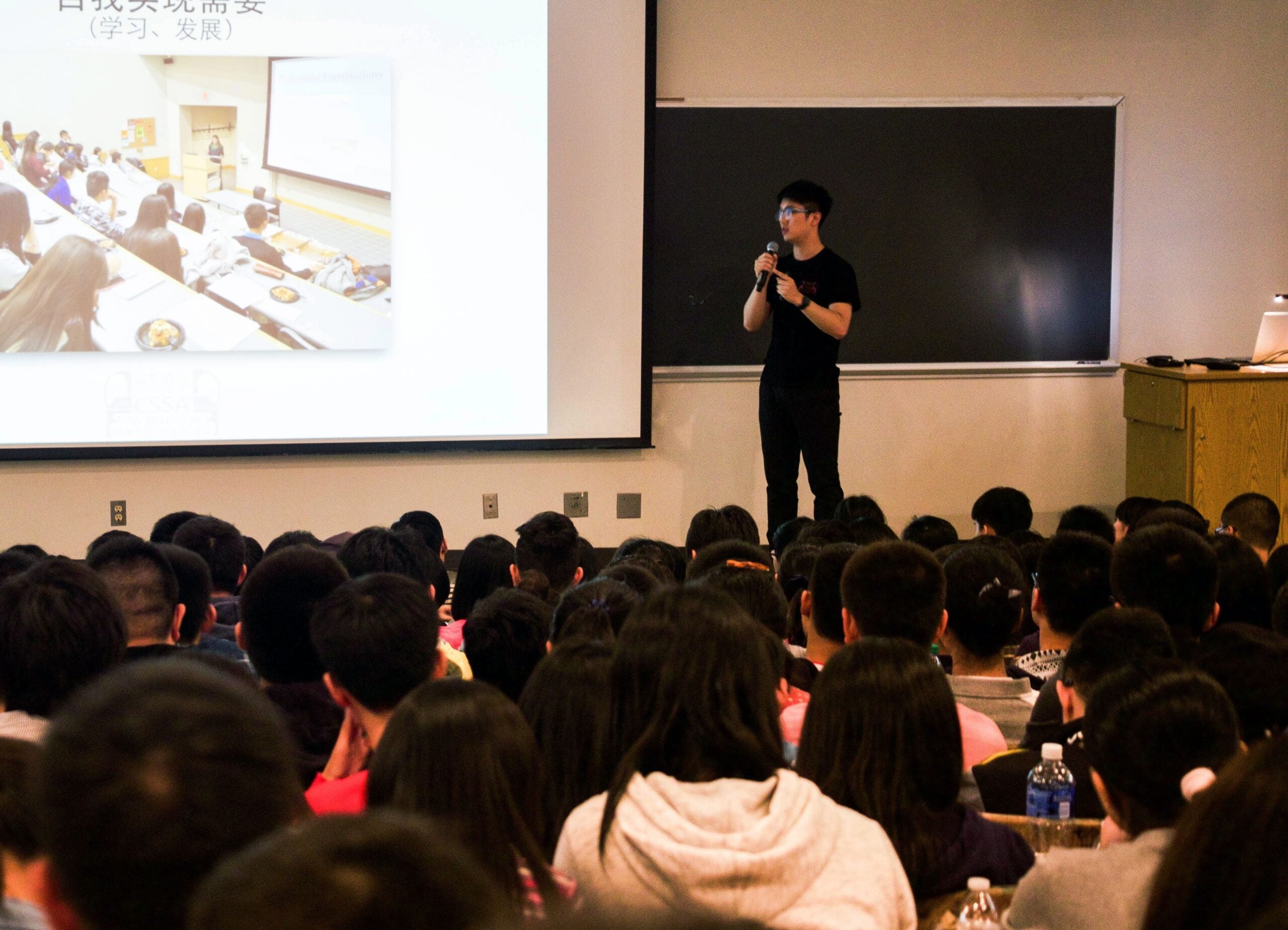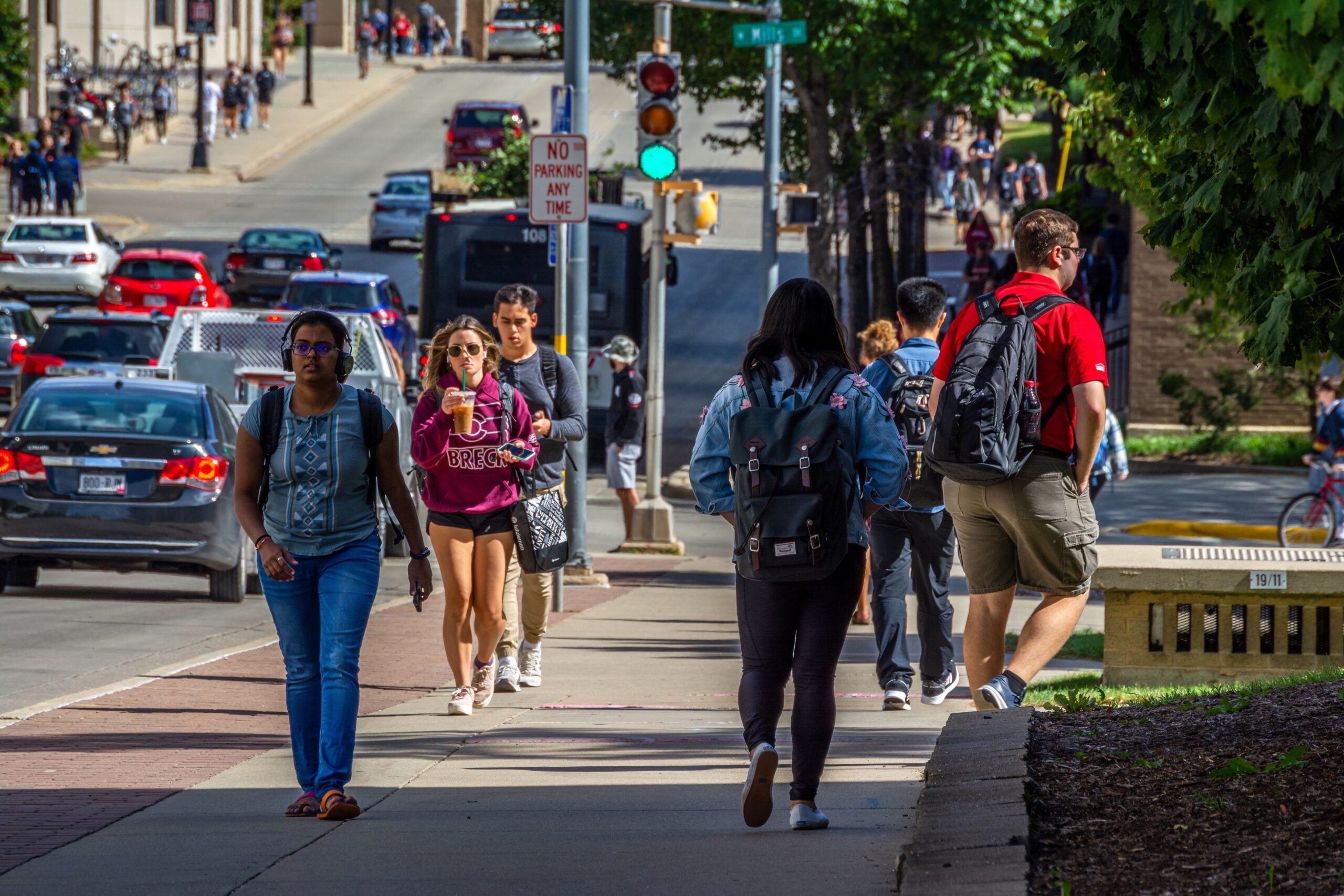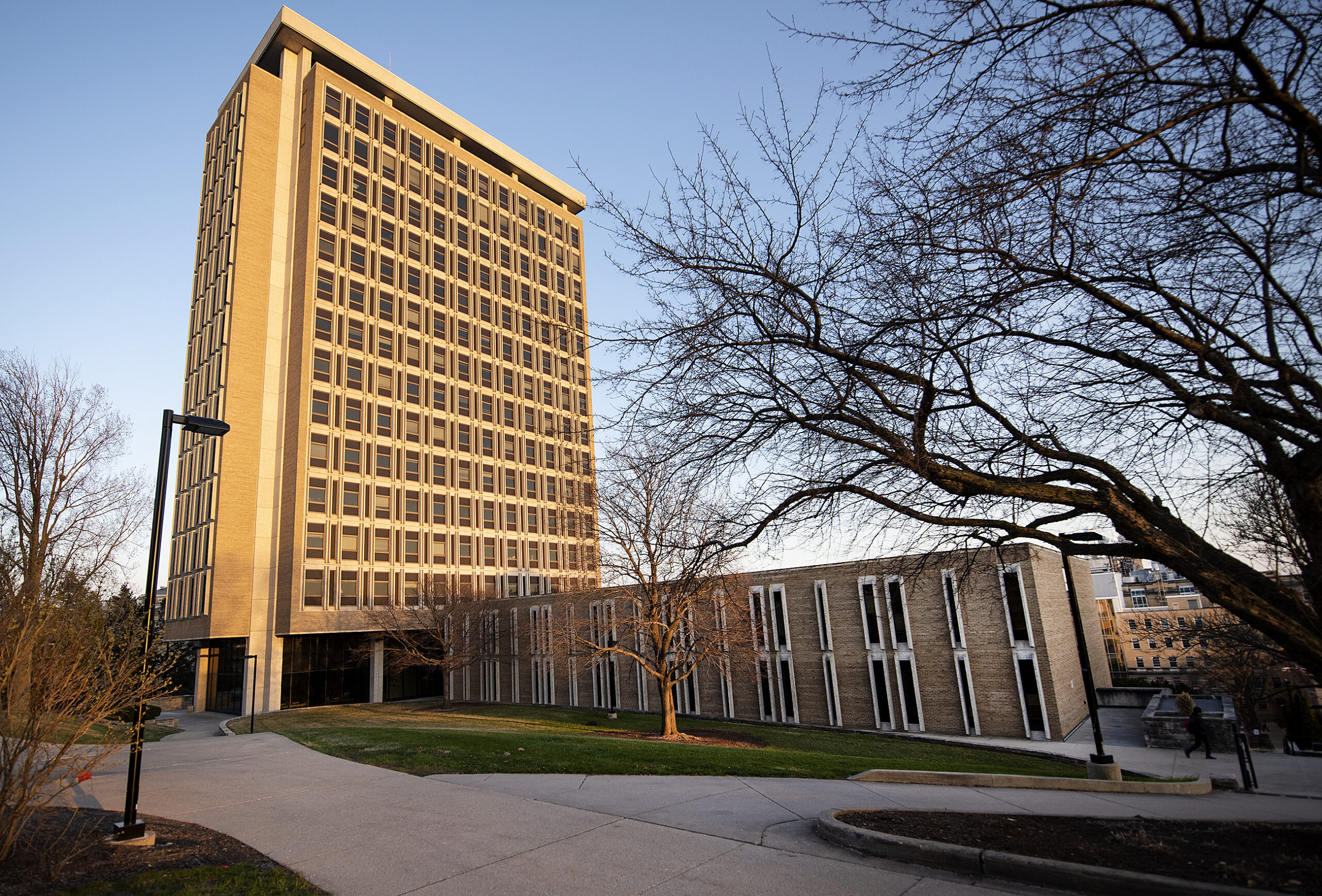On a hot afternoon in late August, Qi Xi, a senior at the University of Wisconsin-Madison, sat down to have some bubble tea with his friend, Jiaqi Liu, at the Steepery Tea Bar in downtown Madison. The bubble tea shop is a popular destination for Chinese students at UW-Madison, and on that particular day, it was attracting lots of customers looking for a cold drink and a chance to escape the heat.
Xi, after taking a sip of tea, complained to his friend about financial troubles he and his family are facing. He said that he had no money to celebrate his 21st birthday.
“My father is a worker and my mother is already retired,” he said. “I don’t have so much income right now, so they have to work even harder to offer me for the rise of the year. And also I have to work really hard here to get money. It’s really a lot for me.”
Stay informed on the latest news
Sign up for WPR’s email newsletter.
The “rise” Xi mentioned is something that’s affecting many students attending UW campuses: a tuition increase for non-residents. But on top of that, Xi and his family are also dealing with the consequences of recent currency policy in China: The government allowed the yuan to devalue 4 percent in two days in mid-August, a move that caused ripples in markets across the globe.
Taken together, the two factors mean that while tuition has been frozen for in-state undergraduates, many Chinese students are feeling the pinch of what could be looked at as a double tuition hike.
The Impact Of A Devalued Yuan
UW-Madison Public Affairs Professor Menzie Chinn has been studying China’s financial activity. He said the devaluation aims to increase exports and sustain economic growth.
He also said he understands the uncertainty that weakening yuan imposes on Chinese students.
“That’s definitely a worry, so I wouldn’t want to diminish that,” he said. “So far, it’s a small impact. Over the next six months to a year, I can see that that might be a big problem.”
Qiushi Zheng, the president of Chinese Students and Scholars Association at UW-Madison, said the sudden drop in the value of yuan stirred the community.
“We are going to complain a lot, because for those students who haven’t exchanged their tuition into U.S. dollars, they are going to have to pay much more,” said Zheng.
Zheng said the devaluation could lead to an increase in tuition for Chinese students from between $600 to $1,500, depending on the type of institution.
UW System officials say they haven’t seen an immediate impact among international students from the devaluation. The UW also says that staff and faculty are prepared to support students as needed, though international students are not eligible to get federal financial aid.
A Major Shift In Billing
Compared to the sudden drop of yuan, the UW tuition increase is old news for Chinese students, but it’s nevertheless painful. There will be a 15 percent increase this fall, pushing the semester’s tuition to more than $15,000.
Zheng, of the Chinese student group, said international students now pay almost triple the amount of in-state tuition.
“I don’t think the average household of Chinese students living here is triple the household revenue of the local residents here. We are actually facing more pressure,” said Zheng.
Between sips of bubble tea, Xi’s friend, Liu — also a senior at UW-Madison — said some of her peers have transferred to other schools due to the tuition increase, among other reasons.
As for whether she would do the same: “I mean yeah, if that’s possible. Probably.”
For now, the UW System Board of Regents isn’t promising to change the tuition structure. Regent Margaret Farrow told the board in April that nonresidents should pay for the quality of the university.
“I have no sympathy for the nonresident students. I have human compassion for them, perhaps. But a fiscal sense of, ‘Pay your way in because we have quality’ … you should pay for quality,” she said.
With no tuition changes likely, and student costs slated to once again increase next year, the result is that some Chinese students are likely wondering if they’ll be able to dig deeper in their pockets to graduate as a Badger.
Kelly Wang filed this story as part of the the Summer Affirmative Action Internship Program at Wisconsin Public Radio. She is a student at University of Wisconsin-Madison.
Wisconsin Public Radio, © Copyright 2025, Board of Regents of the University of Wisconsin System and Wisconsin Educational Communications Board.







